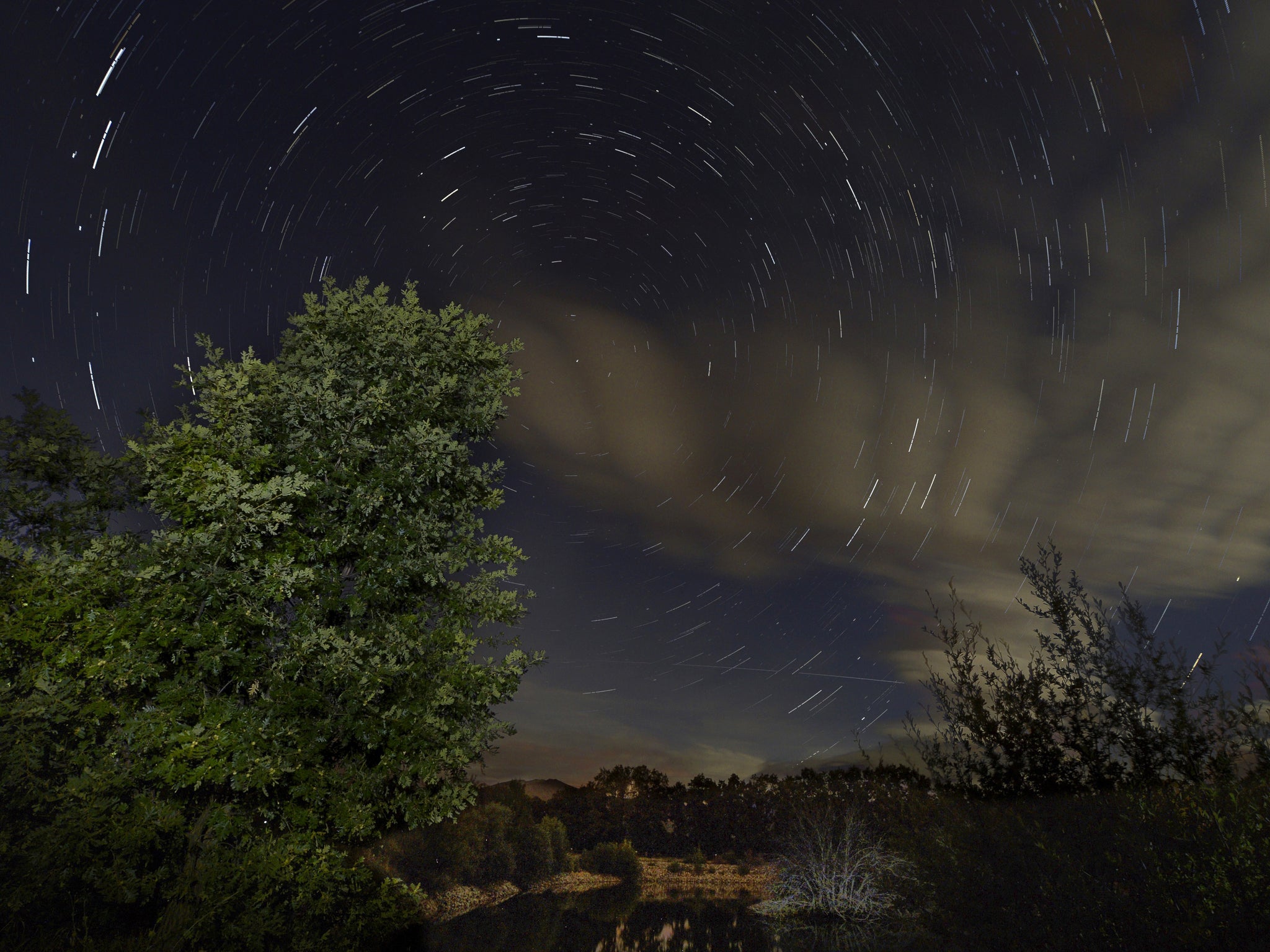Perseid meteor shower: UK weather will make it hard to see stunning shooting stars in some parts of the country
Scotland and the north will find it tough to spot the lights – but the rest of the British Isles should have a decent view

Tonight will be the best time of the year to see the most spectacular meteor shower there is – the Perseids.
The sky will be lit up with light flashes from shooting stars that are best viewed in the early hours of Friday morning.
But only some people will actually get to see them. Cloud cover will mean that people in the north of England and Scotland will have difficulty actually seeing them as they happen.
Star gazers prepare for Perseid meteor shower
Show all 7For the rest of the British isles, however, the view shouldn’t be too spoiled.
To best catch sight of the shooting stars, astronomers recommend heading out of the way of light pollution and looking up. The stars won’t be constant, so if you can’t see anything initially then keeping looking up and let your eyes adjust, and wait.
For those that do manage to catch a sight of them, the view will be twice as good this year as it normally is. The Perseids are having an “outburst”, which will mean that up to 200 meteors per hour might be visible.
The last Perseids outburst was in 2009. Thanks to a gravity nudge from Jupiter, debris from comet Swift-Tuttle could stray closer to Earth again. These scattered specks of dust — a trail in the comet's wake — are what flash as they enter the atmosphere at a mind-blowing 132,000 mph and burn up.
"Here's something to think about. The meteors you'll see this year are from comet flybys that occurred hundreds if not thousands of years ago," NASA meteor expert Bill Cooke said in a statement. "And they've traveled billions of miles before their kamikaze run into Earth's atmosphere."
Scientists hope to capture the action with a new instrument at the International Space Station. The U.S.-Japanese experiment's name is appropriately named Meteor.
An August tradition, the Perseids are so named because the meteors appear to emanate from the constellation Perseus, the Medusa-killing hero of Greek mythology.
Additional reporting by agencies
Subscribe to Independent Premium to bookmark this article
Want to bookmark your favourite articles and stories to read or reference later? Start your Independent Premium subscription today.

Join our commenting forum
Join thought-provoking conversations, follow other Independent readers and see their replies